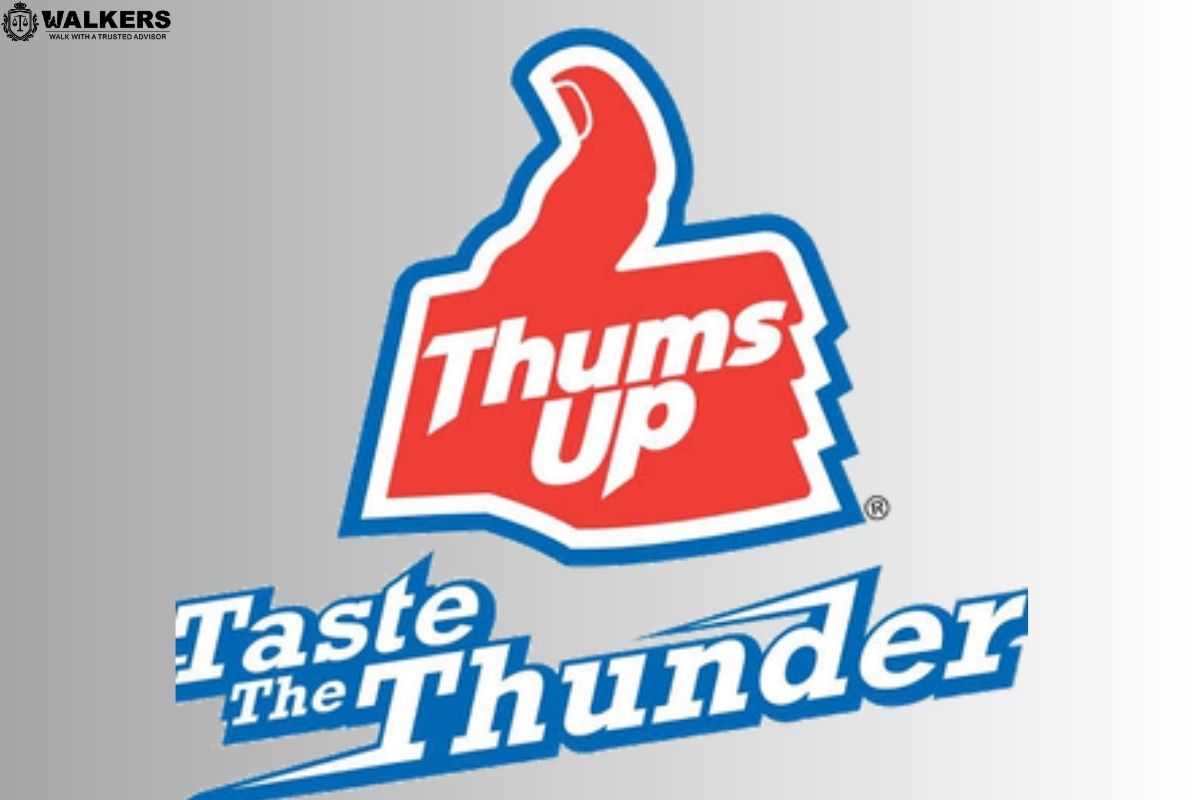


A recent court decision in Canada upheld the validity of a contract based on the use of a "thumbs up" emoji in a text message. In the case of South West Terminal Ltd. v Achter Land & Cattle Ltd, Judge TJ Keene of the King's Bench for Saskatchewan acknowledged the need for courts to adapt to new challenges arising from the use of emojis in today's world.
The court ruling stated that the "thumbs up" emoji, used by the defendant's representative in response to a contract sent by the plaintiff, indicated approval of the contract. The judge noted a consistent pattern of entering into valid and binding contracts between the parties in the past. Examples were given of previous instances where the defendant responded with curt terms such as "looks good," "ok," or "yup," and subsequently followed through on the contracts.
The court found that a reasonable bystander, aware of the background and previous interactions between the parties, would interpret the use of the "thumbs up" emoji as a clear indication of consensus and agreement, similar to previous instances. The judge emphasized that while the use of emojis may be unconventional, they can still serve the purpose of conveying acceptance and identity, which are typically associated with a traditional signature.
The dispute in this case involved an agreement for the delivery of flax. The plaintiff argued that the parties had entered into a deferred delivery purchase contract for a specific quantity of flax, but the defendant failed to deliver as agreed, leading to the plaintiff seeking damages for breach of contract.
The defendant denied entering into any contract, claiming that there was no written note or memorandum of the agreement. However, the plaintiff's representative had sent an image of a signed contract to the defendant, explicitly requesting confirmation. The defendant's response with the "thumbs up" emoji was deemed by the court to express approval of the contract.
In light of the court's examination of the emoji's meaning and its understanding from everyday use, it concluded that the emoji demonstrated acceptance. The court recognized that while a signature traditionally signifies identity and confirmation of an agreement, modern-day emojis can also be used to approve contracts. Consequently, the court found that a valid contract existed and that the defendant had breached it. The plaintiff was awarded damages amounting to $82,200.21.
Click Here to: Download/View Related File
TAGS: Canada court contract validity "thumbs up" emoji text message South West Terminal Ltd. v Achter Land & Cattle Ltd Judge TJ Keene new challenges technology common usage Canadian society meeting of the minds flax deferred delivery purchase contract breach of contract damages interest costs note or memorandum signed contract confirmation receipt deposition dictionary meaning everyday use identity approval non-traditional means signator cell phone number.